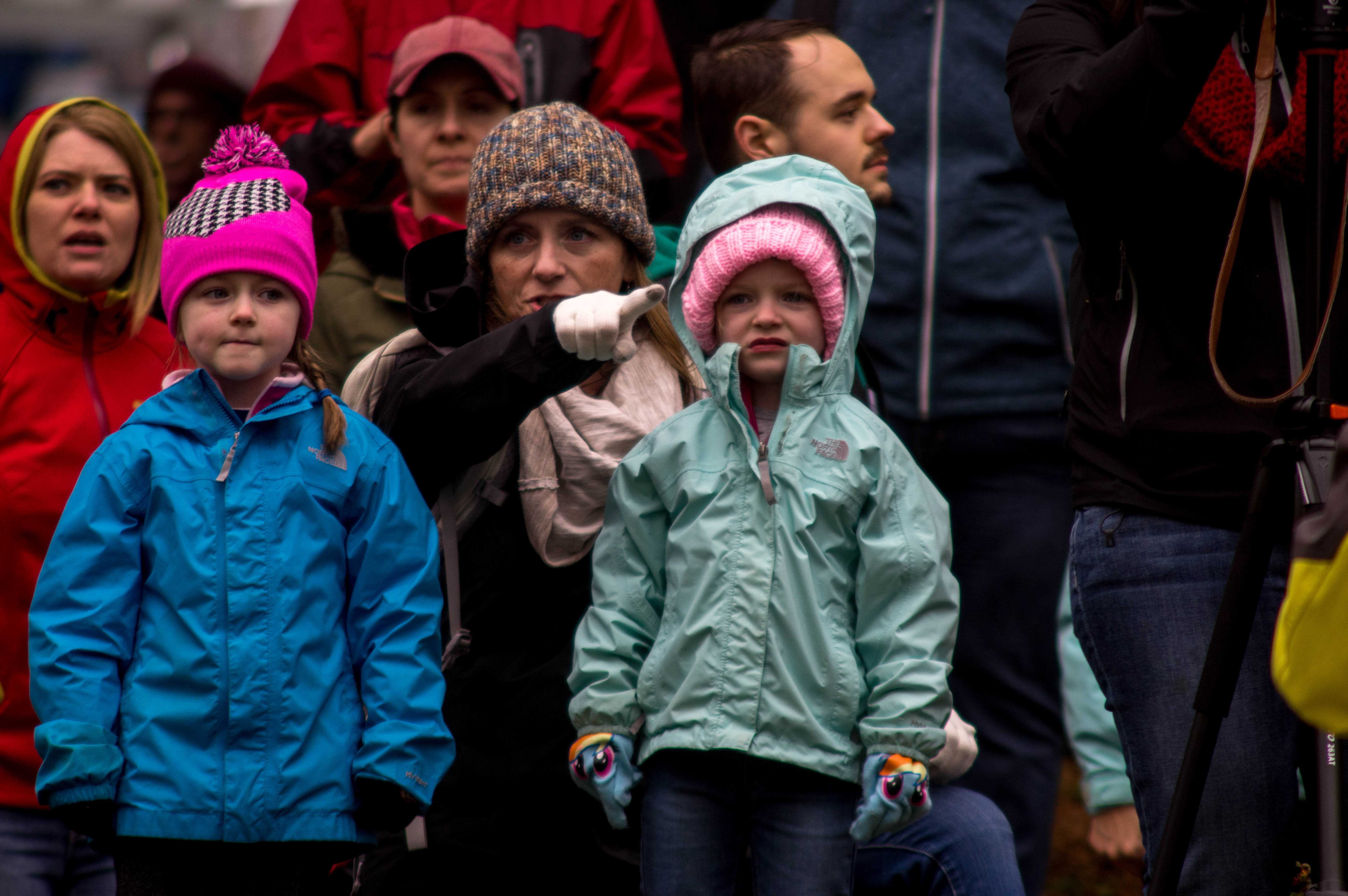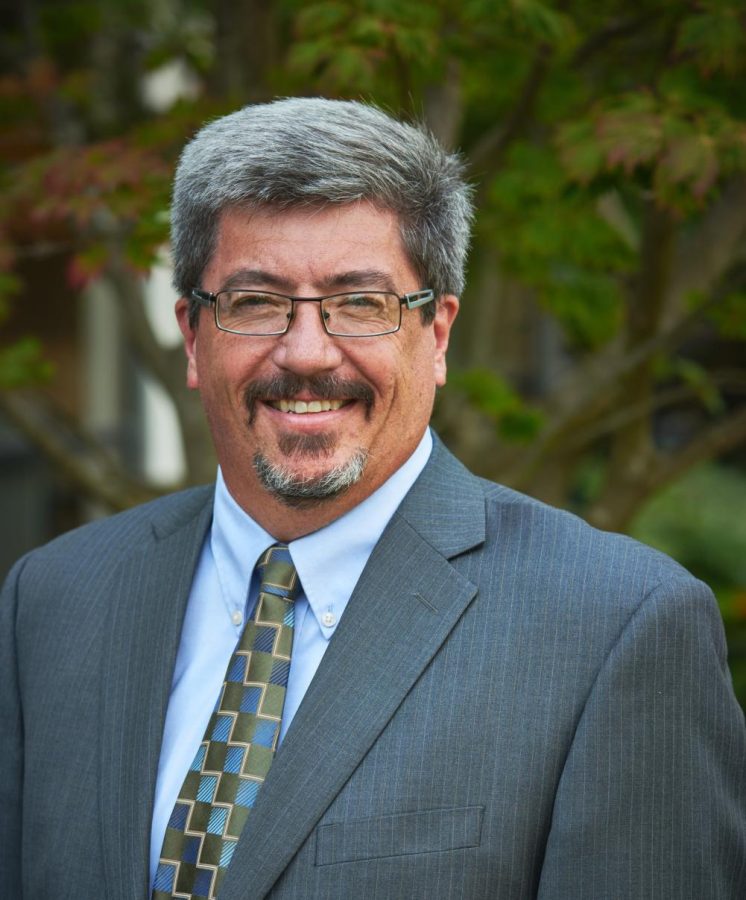Seattle march encourages standing in solidarity
Thousands of demonstrators braved the wind and rain to participate in the Womxn’s March in Seattle on Saturday, Jan. 20.
Marching might have been a new experience for Seattle Pacific junior Toni Ramientos, but she was eager to support issues close to her heart.
“As a queer womxn of color whose parents are immigrants, I grew up accepting forms of oppression and abuse I never let myself acknowledge until I realized I wasn’t the only one experiencing them,” Ramientos said.
“Social justice, and especially issues concerning the LGBTQIA+ community and communities of color are very close to my heart.”
For Ramientos, marching was an experience that she didn’t know she needed.
“Just because of how affirming it felt to be around a diverse group of people who were all willing to express their beliefs openly,” she said,
“and as long as people don’t stop at just marching, and pursue their truth and continue to support this cause, I think it will have a great impact.”
This year’s march started at Cal Anderson Park where a rally with music, speeches and performers started at 10 a.m. Members of the Missing and Murdered Indigenous Women of Seattle led the march at 11:30 a.m., leading the crowd toward Seattle Center.
Ramientos, a member of SPU’s Haven, was surprised by the emphasis on diversity at this year’s march and greatly appreciated the shift of focus from predominantly cis, white women toward other areas of activism in feminism like poverty, healthcare and trans-non-binary issues.
“I marched for myself as well as everyone who feels underrepresented through feminism,” Ramientos said. “Marching meant standing in solidarity with a cause and with people who I believe should receive more love, grace and respect than they are currently being given.”
Ramientos sees marching as a physical representation of the support behind a movement, and says seeing thousands of people marching underscored the necessity of the cause and who is being affected.
For Dylan Bell, a sophomore at SPU studying computer science, marching was about solidarity.
“It meant being part of a bigger whole that wanted the same things that I do, equality for women and a nation not filled with hate and contempt for the other,” Bell said.

“I was joyful to find a community centered around ideals that I believe in and be with them for hours on a Saturday.”
Bell was surprised at how many men showed up in solidarity and at the lack of opposition to the march, noting that there were only a handful of people holding up signs in protest on the side of the streets the crowd marched on.
“It was really rad to be a part of a movement that was not led primarily by men — it made it a much more positive experience and in no way took away from it,” Bell said.
Bell says his heart for equality and social justice has deepened through his experiences with a socially and politically active student body at SPU, engaging with reconciliation talks and discussions on campus and participating with student ministries “led by a desire for equality and love for all.”
“I hope to see more empathy in engagement when social justice is brought up,” Ramientos said. “Remembering to be empathetic, especially in situations of conflict of ideas. I think it’s important for people to feel listened to before they are judged or corrected, and understanding that there is a history behind why people believe what they believe is crucial.”
Ramientos believes constructive conversation can come from thinking of one another more complexly.
“People are complicated and sometimes we treat people, who we see in our view as wrong, as one dimensional when that’s just not the case,” she said.
Pursuing a political science major and women’s studies minor, another SPU student, sophomore Andrea Diaz, is very passionate about combating sexual violence, empowering womxn of color in politics, and pursuing racial equality.
“I find marching important because part of empowerment is using your own voice,” Diaz said. “I find value in voicing passions and resisting oppression. Marching is a great first step to take and if followed by action, such as voting, it can create true change.”
Diaz, a member of the Intersectional Feminism Club at SPU, hopes to learn more about intersectionality from the different perspectives within the club, and to enter a field related to social justice post-college.
“I am hoping that we are able to use this club to make a positive impact on our SPU and Seattle community,” Diaz said, “whether it be through volunteering, fundraising or raising awareness about social justice issues.”
Ramientos, Diaz and Bell marched with fellow SPU students and left feeling empowered by their experience, and the focus on all individuals
According to Bell, “there is so much good to be found and too many great people to meet and things to do to be spreading meaningless hate based on long-lived societal norms.”














































































